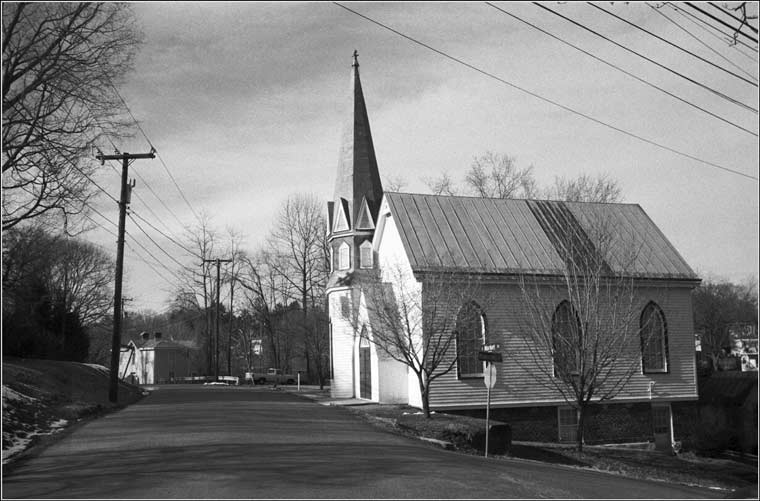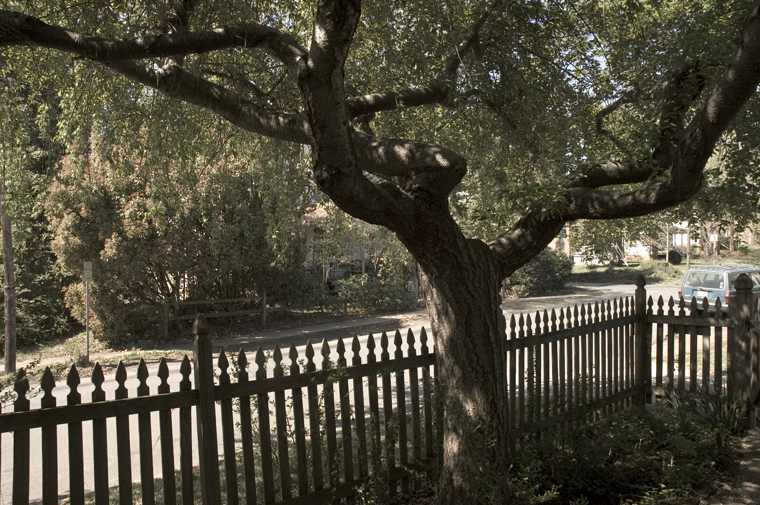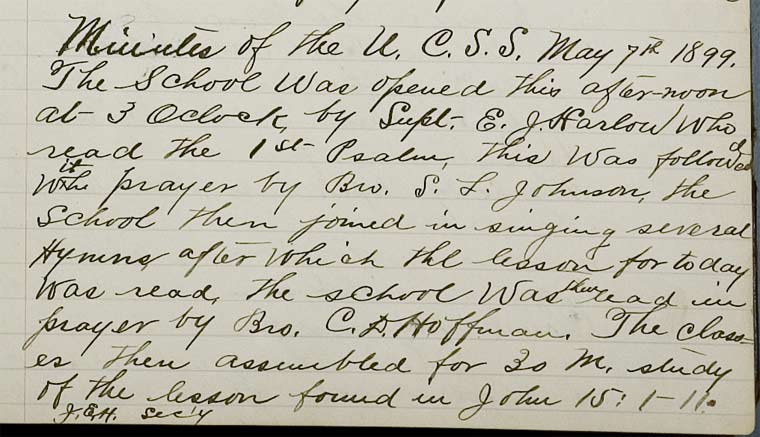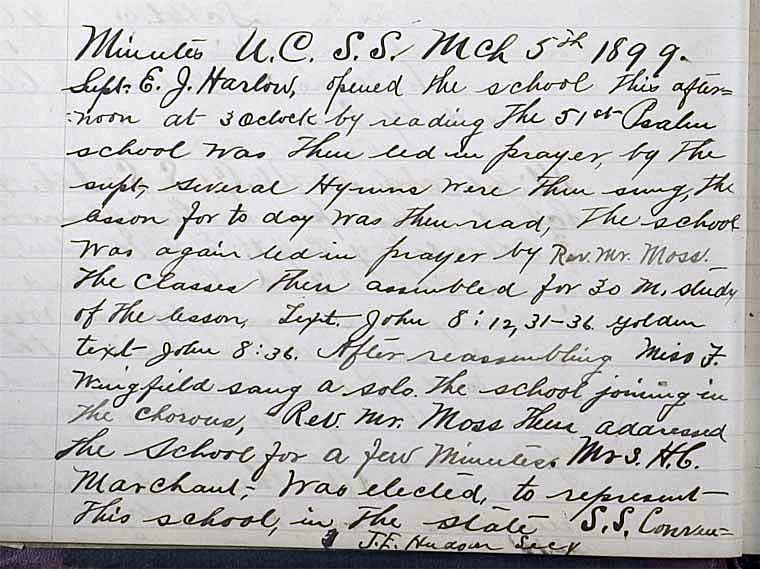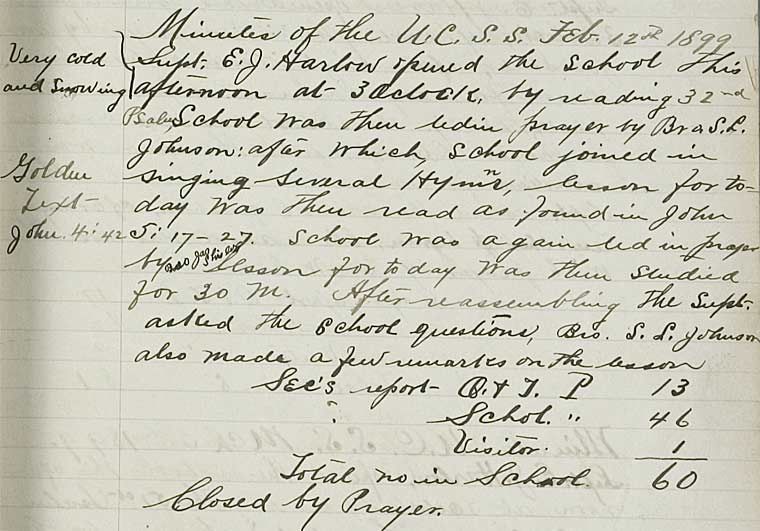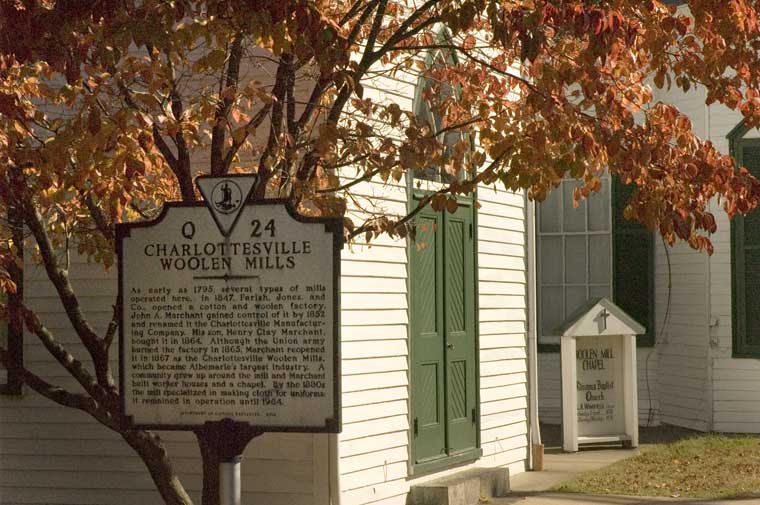marriage of morality and business
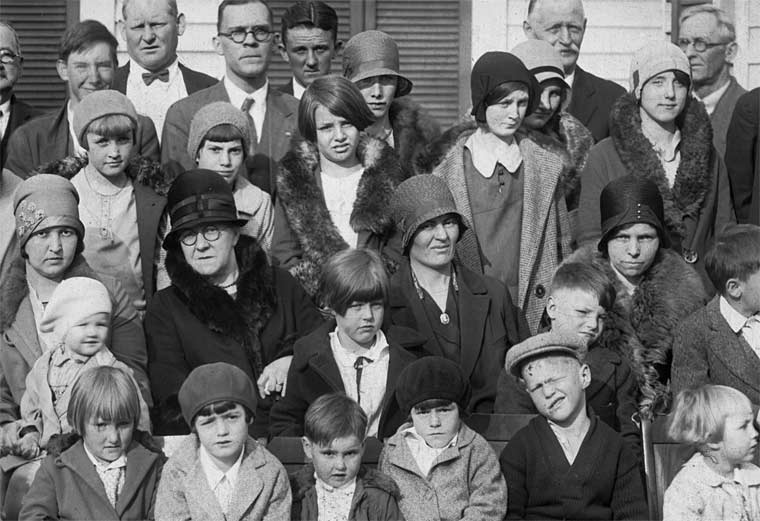
detail, Union Chapel, 1930
Naturally any person hoping for a supervisory job needed "exemplary character" as well as ability. "The management," a visiting reporter penned in 1892, "recognize [sic] the responsibility of his position in being placed over a large number of employees, many of whom are quite young, and in the formation of whose character the head of the department is largely instrumental, and they make it a necessary qualification...that he be a man of strict sobriety and good morals." The influence of men like Marchant and Knowles is quite evident in this marriage of morality and business.
Results were encouraging. After twenty years as Commonwealth's Attorney, Micajah Woods in 1892 could recall no case in which a mill worker was a defendant. In fact, "he knew of no community more conservative, sober and moral."--Harry Poindexter
Labels: Poindexter History, Union Chapel
